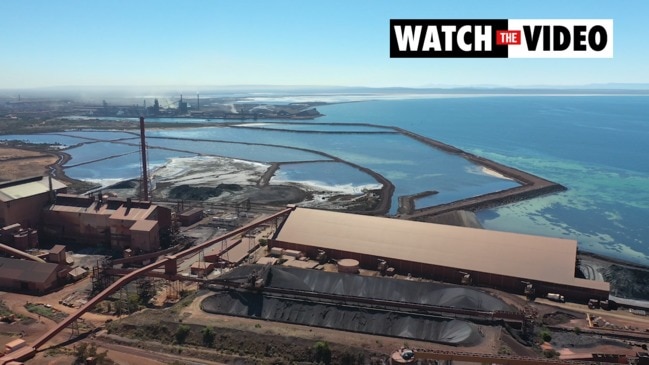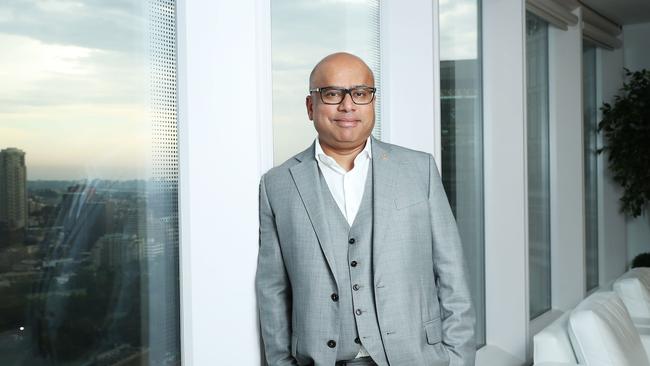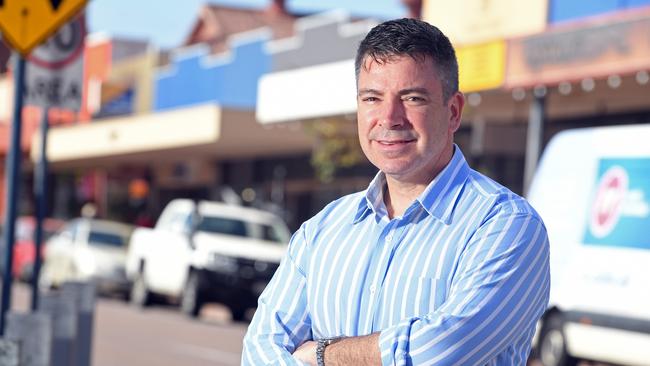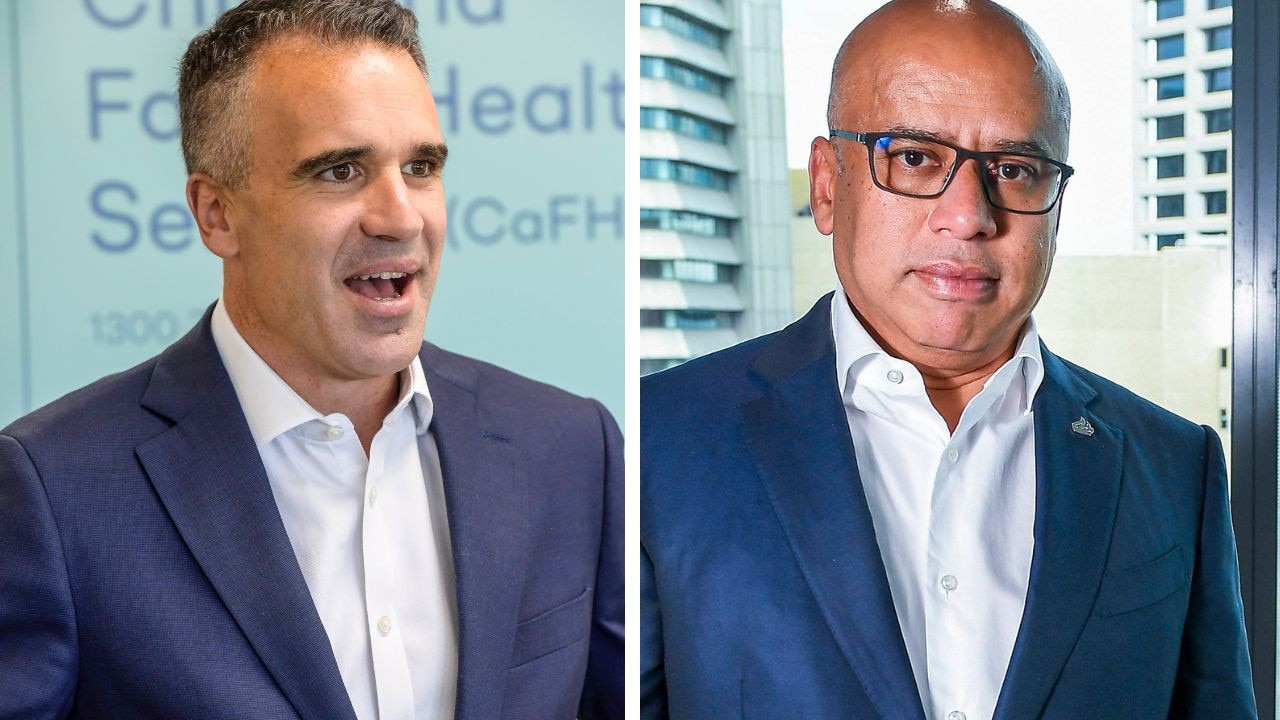Whyalla steelworks court action – what is it all about?
A local insolvency expert explains more about the NSW court action that has triggered the latest crisis enveloping jobs and Australia’s steelmaking capacity.

SA Business
Don't miss out on the headlines from SA Business. Followed categories will be added to My News.
Following court action to wind up Sanjeev Gupta’s major steelmaking business in Australia, in step with similar moves in the UK to wind up other parts of his business, insolvency expert Nick Cooper, of Oracle Insolvency, explains a bit more about what is going on and the potential outcomes.

Background:
The troubles engulfing Gupta’s weblike empire – including GFG Alliance, Liberty and InfraBuild among others – began with the collapse of his biggest financier, Greensill Capital, a global business founded by Queensland entrepreneur Lex Greensill.
In March, administrators Grant Thornton took control of Greensill after Switzerland-based wealth manager Credit Suisse froze access to $US10bn in investment funds.
Credit Suisse is now pursuing Gupta through the UK and Australian court systems to recover billions of dollars for investors in its managed funds, which held Greensill Capital’s bonds, primarily made up of GFG invoices.
On April 1, Citigroup, acting as a trustee for Credit Suisse, initiated court action to try and push Gupta’s Liberty Commodities business in Britain into insolvency.
On April 6, Citibank, a Citigroup subsidiary, acting as trustee for Credit Suisse, applied to the NSW Supreme Court to wind up Gupta’s OneSteel Manufacturing Pty Ltd (trading as Liberty Primary Steel), and Tahmoor Coal Pty Ltd.
A hearing will be held on May 6.
In a note to suppliers on Wednesday, Liberty Steel said it would defend its position in court and anticipate it will take many months to play out.
Gupta has already put expansion projects around the world on ice, and continues to seek finance to survive, while vowing to fight court actions.
UK Prime Minister Boris Johnson’s government has already refused a request for a 170 million-pound loan and there is now talk between Premier Steven Marshall and PM Scott Morrison of bridging finance to save SA’s 56-year-old steel manufacturing plant.

Expert’s View:
What does the ‘winding-up application in insolvency’ mean?
The winding-up application in insolvency in the NSW Supreme Court by Citibank/Credit Swisse is to get a court order that Gupta’s companies named in the application be wound up (that is, placed into liquidation) and a liquidator appointed.
Why have they done it?
An application to wind-up in insolvency can only be made by someone who is owed money by the defendant and the payment terms have been breached by the defendant.
In most cases, the application is made after a “Statutory Demand for Payment” has been made, but not complied with. This Statutory Demand gives the defendant 21 days to make payment or face the winding-up application.
The 21-day period for compliance with Statutory Demands was reintroduced on 1 January 2021 after being extended to six months during the COVID-19 pandemic.
There is another ground to wind-up a company – known as the “just and equitable” ground. Often, this is whether there is a dispute, such as between shareholders.
Another term to be aware of is “provisional liquidation”, where there is some risk of the assets disappearing, so a provisional liquidator can be appointed by the court to secure the assets until the final winding-up application is heard.
What will trigger a liquidation of the businesses?
The businesses would enter liquidation if the court grants the application and makes the winding-up order.
What are the potential options before Gupta/companies facing the action?
The defendant companies have the following options:
– Defend the application, on the basis that the debts are not owed; the debts are not due for payment; or the companies are not insolvent.
– Obtain finance and pay the debts claimed by Citibank/Credit Swisse.
– Enter into a repayment arrangement with Citibank/Credit Swisse on terms acceptable to them.
– Appoint voluntary administrators to the companies, and look at options such as selling the businesses and/or offering a cents in the dollar return to the creditors owned money – called a “deed of company arrangement”.
What are the possible outcomes and implications?
If a liquidator is appointed by the court, or if the companies appoint voluntary administrators, either can still trade the businesses or sell them as going concerns.
A new buyer could then continue the business operations.
However, if a sale of business is not achievable, then there is the risk of the businesses closing and the assets sold, for example, through auction.
A liquidator also has the power to appointed voluntary administrators – if a deed of company arrangement is to be proposed to the creditors.
What is a bridging loan?
Bridging loans are short-term, so I assume it relates to a short-term loan from the state government.
More Coverage






